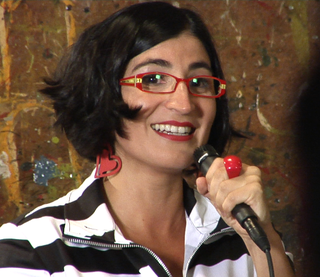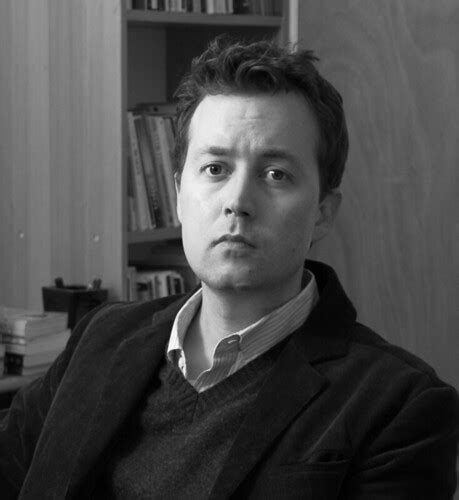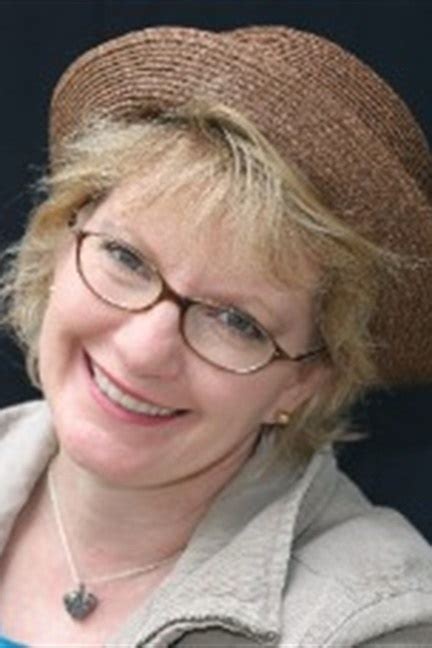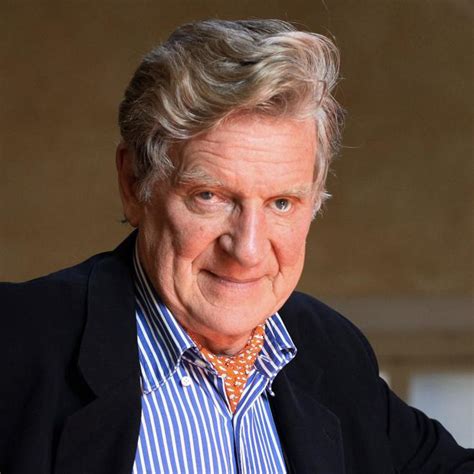A Quote by Laurie Foos
Usually at the core of fiction that has some element of the absurd there tends to be an examination of some societal ills that we should talk about more than we do. And it's funny, of course, so we have that release valve with absurdism. It offers us a safe way to explore difficult subject matter.
Related Quotes
Some people think elections are a game: who's up or who's down. It's about our country. It's about our kids' future. It's about all of us together. Some of us put ourselves out there and do this against some difficult odds. We do it, each one of us, against difficult odds. We do it because we care about our country. Some of us are right, and some of us are not. Some of us are ready, and some of us are not. Some of us know what we will do on day one, and some of us haven't thought that through.
In general, I think there are some things that require time before you can talk about them. Some stuff that happened over the summer, for instance - the Philando Castile shooting, Alton Sterling, the police officers in Dallas - there was no room for jokes. But there are, of course, the policies that have given us those events. Now, there's a lot of room for jokes there. When you're looking at something difficult to talk about, there's always a sideways way in that feels a little less personal to people. That's where the joke lives.
As time went on, we learned to arm ourselves in our different ways. Some of us with real guns, some of us with more ephemeral weapons, an idea or improbable plan or some sort of formulation about how best to move through the world. An idea that will let us be. Protect us and keep us safe. But a weapon nonetheless.
When I first came to New York, I knew some painters older than myself. I was kind of the kid who was allowed to hang out with them. That is more the way people talked in those days, it was perfectly normal to question a work's fundamental premises and its fundamental visual manifestations. It was perfectly okay to say, "Oh, that should have been red" or something like that. In a funny way, the way artists talk about art is to de-privilege it.
I think what people really want is fiction that in some tiny way makes their life more meaningful and makes the world seem like a richer place. The world is awfully short on joy and richness, and I think to some extent it’s the fiction writer’s job to salvage some of that and to give it to us in ways that we can believe in.
The funny thing is that the process of coming up with an idea for a column or a 'Candid Camera' sequence is essentially the same thing. I just live my life with eyes and ears perhaps a little bit wider open than some people. Whatever bothers me or seems off kilter or in need of parody-or on a serious subject, in need of examination-in the past I had done a sequence about it. Now I write a column about it.
When we talk about something like student loans, what we should be talking about is the fact that every American wants their kids to do better than we have done. If we can get that, the other thing we'd really like is for our kids to be able to come home and raise their kids in the community where we raised them. What unites all of us, no matter where you live in the country, is we want our family to be safe, we want the next generation in our family to be more successful than us, and we would like our family to be close together.



































